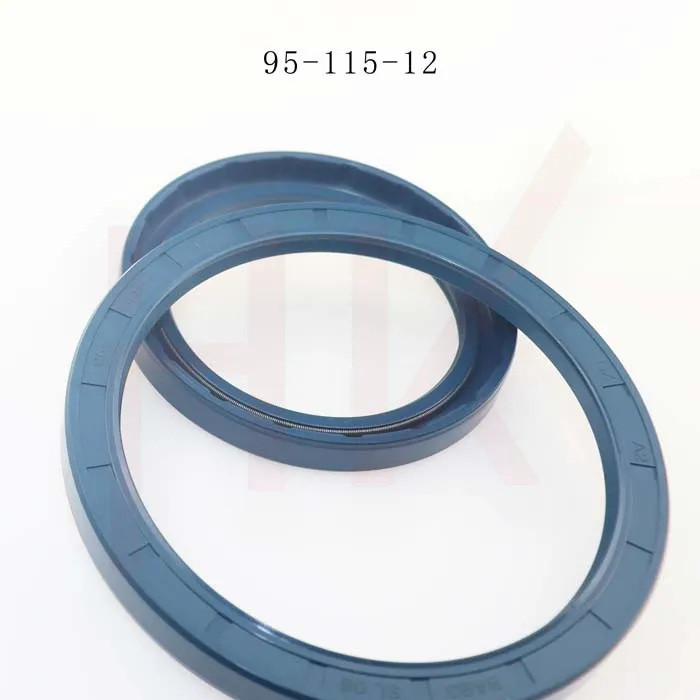Sep . 07, 2024 14:38 Back to list
High-Quality Hydraulic Piston Oil Seals for Optimal Performance
Understanding Hydraulic Piston Oil Seals
Hydraulic piston oil seals play a crucial role in the functionality and reliability of hydraulic systems. These seals are designed to prevent fluid leakage, maintain pressure, and ensure the smooth operation of hydraulic machinery. Their importance cannot be overstated, as they contribute to the overall efficiency and safety of various applications in industries such as construction, manufacturing, automotive, and aerospace.
At the core, hydraulic systems rely on the movement of fluid to transfer power. Hydraulic pistons, which convert hydraulic energy into mechanical energy, are integral to this process. However, as these pistons move within their cylinders, the potential for fluid leakage increases. This is where oil seals come into play. They are strategically placed between the piston and the cylinder wall to create a barrier that keeps the hydraulic fluid contained while allowing the piston to move freely.
Hydraulic piston oil seals are typically made from high-quality elastomeric materials, including polyurethane and nitrile rubber. These materials are chosen for their durability, flexibility, and resistance to wear, as well as their ability to withstand extreme temperatures and pressures. The design of the seal, which often includes features such as lips and grooves, is engineered to ensure a tight fit, minimizing the risk of leaks.
hydraulic piston oil seals

The effectiveness of hydraulic piston oil seals impacts not just the efficiency of the hydraulic system, but also its longevity
. A worn or damaged seal can lead to fluid loss, which not only reduces performance but can also cause significant damage to the hydraulic components and systems. Regular maintenance and timely replacement of these seals are essential to prevent operational failures and to extend the lifespan of the entire hydraulic system.In addition to traditional applications, advancements in technology have led to the development of specialized hydraulic piston oil seals that cater to specific needs. For instance, seals that offer enhanced resistance to chemicals or extreme temperatures are available for applications in harsh environments. Furthermore, innovations in seal design, such as multi-lip configurations, aim to improve sealing performance and reduce friction, which translates to greater efficiency and reduced energy consumption.
In conclusion, hydraulic piston oil seals are fundamental components that ensure the efficient and safe operation of hydraulic systems. Their ability to prevent leaks and maintain pressure plays a vital role in the overall performance of machinery across various industries. With ongoing advancements in materials and design, hydraulic piston oil seals continue to evolve, meeting the increasing demands of modern technology and applications. Proper selection, installation, and maintenance of these seals are crucial for achieving optimal performance and longevity in hydraulic systems.
-
The Trans-formative Journey of Wheel Hub Oil Seals
NewsJun.06,2025
-
Graphene-Enhanced Oil Seals: Revolutionizing High-Pressure Oil Sealing
NewsJun.06,2025
-
Future of Hydraulic Sealing: Advanced Intelligent TCN Oil Seals
NewsJun.06,2025
-
Don’t Let a Broken TCV Oil Seal Ruin Your Day
NewsJun.06,2025
-
Bio-Inspired Dust Seals for Better Sealing Performance
NewsJun.06,2025
-
Biodegradable and Sustainable Hydraulic Seal Materials
NewsJun.06,2025
-
Top Oil Seal Solutions for Your Industrial Needs
NewsMay.22,2025
Products categories
















